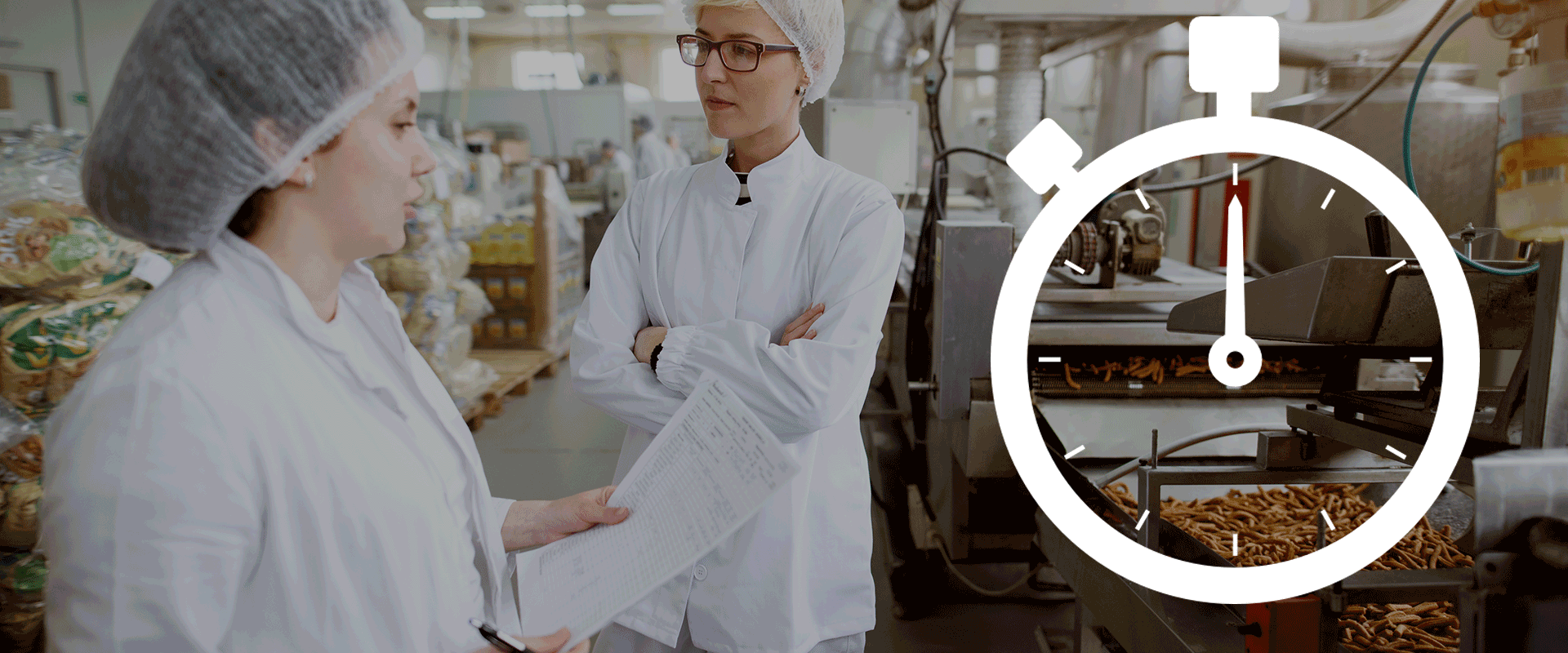data analyticsNowadays, several technologies allow companies to obtain a large amount of data. The return on investment of these technologies depends largely on the actions that are taken from the data collected. Businesses are changing and increasingly feel the need to base their decisions on solid, reliable data. You will not be surprised to learn that the role of a data scientist is a role increasingly in demand within organizations.
What is a data scientist?
The role of data scientist is to manage, analyze and interpret the data, while taking into account the organizational reality, which requires a very developed business sense.
3 fundamental areas of expertise of a data scientist:
Technical competencies:
The data scientist must have programming knowledge with languages such as R or Python as well as knowledge of computer architecture and databases. He or she must be able to adapt to different IT environments and have intellectual agility to learn and constantly adopt new methods. This person must master data manipulation and be comfortable with several different data structures.
Analytical competencies:
The role of data scientists requires to be an expert in solving complex problems. In this category are skills in advanced statistics, machine learning, advanced mathematics, modeling, simulations, artificial intelligence, etc. In general, the fields of study in science, technology, engineering, mathematics and physics make it possible to develop the analytical skills sought and make it possible to practice solving scientific problems.
Business competencies:
The data scientist must understand the corporate environment in which the data evolves. In the field of data science, successful projects are those that are based on a specific situation and that end with concrete solutions that can be integrated into the work environment.
Data scientists are in demand more than ever. It must be remembered, however, that their success requires first and foremost reliable and sufficient data. Real-time production tracking solutions or data analytics are definitely avenues to consider!


















